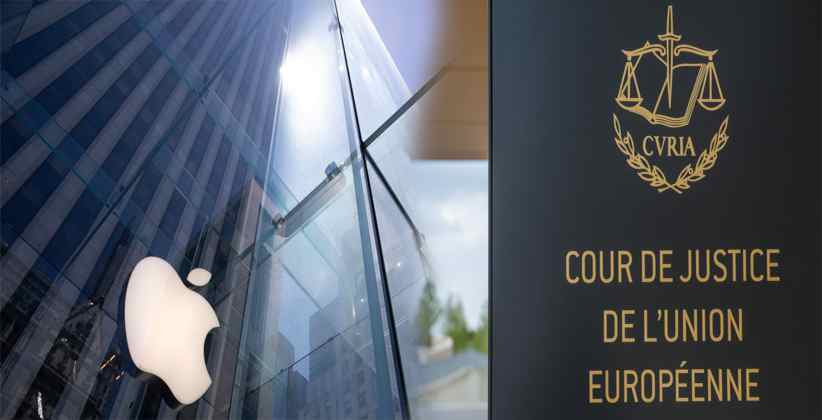A European Union court delivered a strong attack to the blocs tries to win in tax transactions between multinationals and sole member countries when it concluded that the giant tech company Apple does not need to pay an amount of 13 billion euros (USD 15 billion) in back taxes to Ireland.
The EU Commission had declared in 2016 that Apple had an illegal tax agreement with authorities in Ireland that permitted them to pay very low prices. But the EU's General Court said on July 15, 2020, that the Commission did not succeed in showing to the requisite legal standard that there was an advantage.
"The Commission was wrong to declare that the company had been granted a selective economic advantage and, by extension, state aid, said the court situated in Luxemburg, that is the second-highest in the EU. The judgment can only be taken to a higher court based on points of law.
The EU Commission had instructed Apple to pay for gross avoidance of tax on profits across the European bloc from 2003 to 2014. The commission said, Apple used two shell companies in Ireland to report its Europe-wide profits at effective rates well under 1 percent.
There have been many instances where MNCs have paid taxes on the bulk of their revenue across the EU's 27 countries within the one EU country that has its regional headquarters. Most major technology companies have established their headquarters in Ireland. For the smaller EU countries like Ireland, it aids them in increasing international business. A tiny amount of tax revenue is beneficial to the country. The net result, although, is that the companies often have to pay little amounts of tax.
The Irish government was happy with the judgment. Ireland has always been clear that there was no special treatment provided to the U.S.A. based company, it mentioned in a statement. Ireland appealed the Commission Decision on the basis that Ireland granted no state aid and the decision today from the Court supports that view.
The demand for back taxes is total political crap., according to Apple CEO, Tim Cook.
The defeat is not great for EU Vice-President Margrethe Vestager, who has been battling for years against special tax deals. Trump has called her the tax lady who really hates the U.S.
The European network, Eurodad consisting of 49 civil society organizations expressed that the ruling showed how difficult any tax policy remains. If we had a proper corporate tax system, we wouldnt need long court cases to find out whether it is legal for multinational corporations to pay less than 1 percent in taxes, said Tove Maria Ryding of Eurodad.
Although taxation continues to be under the control of its member countries, the Union is looking to make a level playing field within the 27 countries by ensuring that special deals which include extremely low tax rates with multinationals are excluded from the picture.
The judgment has come at a time when tax receipts for the EU countries are especially needed after the heavy economic impact of the pandemic due to Covid-19. Concurrently, while households with low incomes are suffering, the Union wishes to ensure multinationals making profits on the continent pay their fair share as well.
In the meantime, the EU Commission was to release new plans to fight tax fraud only hours later to the ruling in Luxembourg.
In times like these when we are passing multibillion-euro economic stimulus packages, we cannot afford to waste a single cent in tax revenue, said EU legislator Markus Ferber of the Christian Democrat EPP Group.






